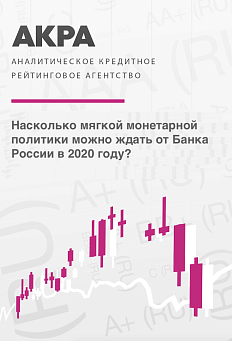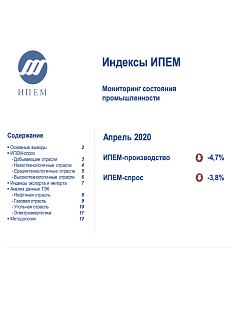With support from PwC, IDC, and CROC, Digital Leader networking platform launched Technology 2030 research to find out the real technology development pathway for the next 10 years and how it will impact Russian business sector and job market.
Artificial intelligence, machine learning, Internet of Things, and Robotic Process Automation (RPA) are expected to cause the most tremendous changes at Russian companies in the coming 10 years. According to research participants, in digitally advanced companies in Russia half of employees will be working remotely. Some positions, such as call center agent, salesperson, cashier, consultant, accountant, driver, machine operator, and secretary, may be completely filled by robots and AI. Meanwhile, Russia’s job market will lack IT specialists, engineers, doctors, bioengineers, geneticists, data analysts, cybersecurity specialists, as well as psychologists and teachers.
The Roscongress Foundation presents the salient points of the publication accompanied by fragments of broadcasts of relevant panel discussions from the business programme of international events held by the Roscongress Foundation.
According to a survey conducted by Digital Leader networking platform, the level of digitalization in Russia is mostly assessed as satisfactory.
On average, respondents gave Russian business digitalization and innovation development 3.2 out of 5 points. According to them, the least digitally advanced sectors are agriculture, construction and real estate, sport, electrical energy and utilities. Sectors that achieved the most success in digital transformation in Russia are finance, retail and FMCG, telecom, mass media and entertainment.
Respondents are confident that in 10 years, Russia will strongly influence economy digitalization, along with Japan and Singapore.
The implementation of a new technology is usually initiated by management rather than rank-and-file employees. Digitally advanced companies cultivate and promote innovations and knowledge exchange. Half of respondents believe that companies need to review their digital transformation goals once a quarter or once every few months, 30% think it should be done annually.
Respondents state that processes, infrastructure, and finance are the main obstacles to digital transformation today. Notably, in 5-10 years, inflexible or slow processes will still be hindering digital transformation, along with insufficient investment and regulations.
COVID-19 is speeding up digital transformation. Business leaders are searching for new ways to integrate digital technologies in their processes, giving tech companies an incentive to upgrade the most in-demand solutions.
One in three respondents believe that remote access technologies will develop the most. Artificial Intelligence & Machine Learning (AI&ML) and Virtual/Augmented Reality (VR&AR) are claimed to gain momentum as well.
Respondents said that COVID-19 will also boost logistics and delivery automation, 5G, blockchain, biotechnology and genetic engineering, EDMS, digital signature, streaming services, telecom, Big Data, and biometrics.
According to respondents, digital transformation will bring:
· OPEX reduction,
· faster and more flexible business processes,
· increased performance,
· faster product/service development,
· revenue growth,
· improved customer satisfaction.
Video: https://roscongress.org/sessions/rh-2020-kvantovye-vyzovy-budushchego/search/#00:33:31.904
Digital technologies will have a strong impact on Russia’s job market. More people will work remotely, some positions will be filled by robots and AI, while there will be a shortage of IT, cybersecurity, medical, and teaching professionals.
The publication identifies real development pathways of modern technologies for the next 5 and 10 years.
According to research participants, in 10 years, half of employees in Russia will be working remotely and one-third will be replaced by robots and AI. Some positions, such as call center agent, salesperson, cashier, consultant, accountant, driver, machine operator, and secretary, may be completely filled by robots and AI.
In 10 years, Russia will lack IT specialists, engineers, doctors, bioengineers, geneticists, data analysts, cybersecurity specialists, as well as psychologists and teachers.
In conclusion, Digital Leader analysts offer some futuristic scenarios of how technologies can transform work. For example, companies will be able to monitor not only KPIs, but also health of employees. A virtual HR assistant will accompany an employee throughout his/her lifecycle at the company and make (offer) key decisions concerning his/her career path.
For more information about possible ways to stabilize the economy during a pandemic, please see the StayHomeEconomy special section of the Roscongress information and analytical system, and the IT Industry, Digitalization, Artificial Intelligence, AI, Big Data, and Labor Market sections about the use of digital technologies which are rapidly penetrating into all spheres of human activity, including business and governance.






